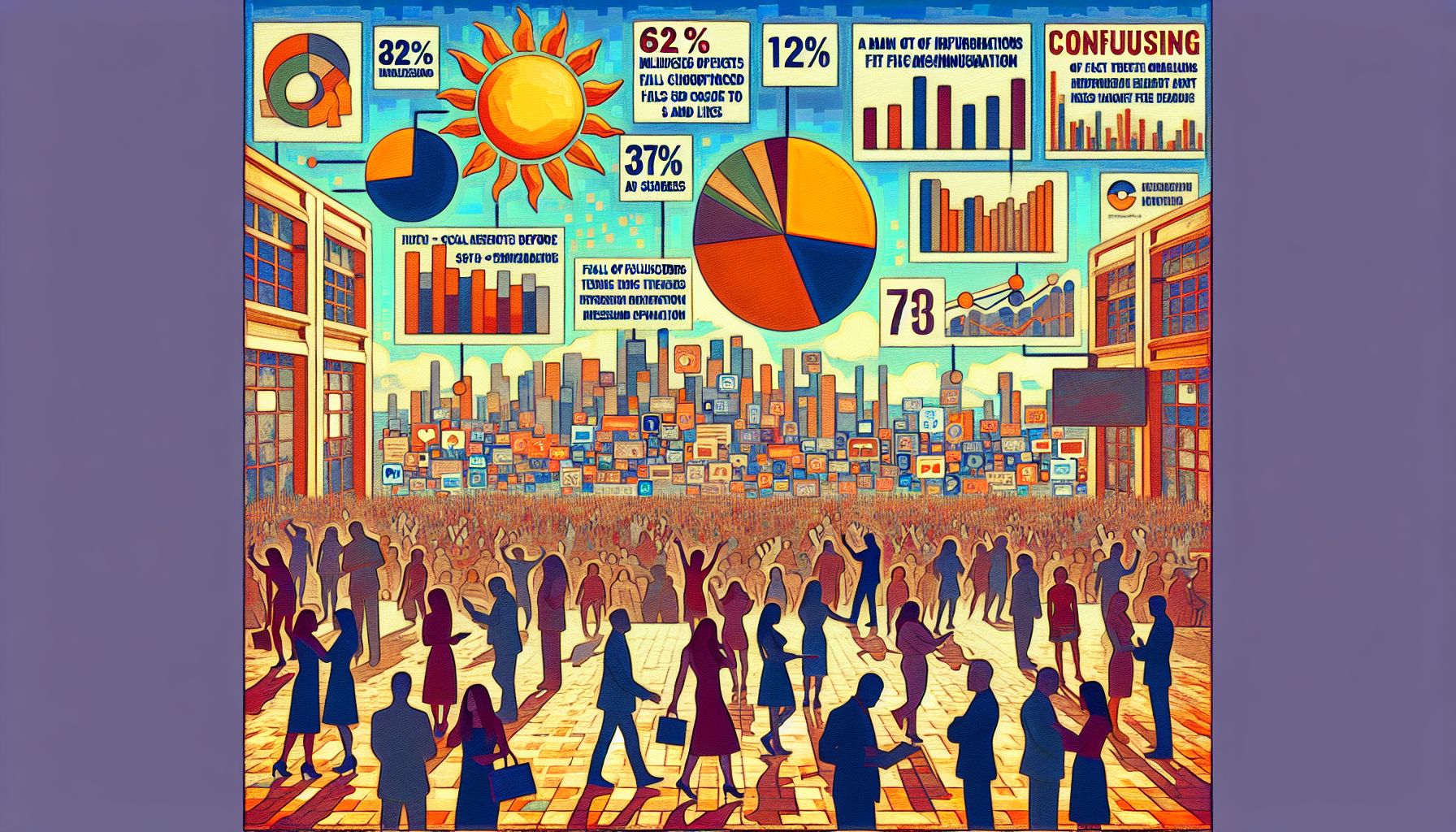Social Media Influencers Fail Basic Fact-Checking, UNESCO Study Reveals

Netherlands, Thursday, 28 November 2024.
A groundbreaking UNESCO survey exposes that 62% of influencers don’t verify information before sharing with their audiences. Most rely on likes and shares to judge credibility, while only 37% use mainstream media as sources. Remarkably, 73% of influencers are now seeking training to combat misinformation, prompting UNESCO to launch a global education initiative.
The Growing Influence of Social Media
In the era where social media plays a pivotal role in shaping public opinion, influencers have emerged as key players in the information ecosystem. With millions of followers, they possess the power to sway cultural, social, and even political narratives. However, this influence comes with responsibility—a responsibility that many influencers are struggling to uphold as they navigate the complexities of disinformation and online hate speech.
UNESCO’s Alarming Findings
UNESCO’s recent survey highlighted a critical gap in the practices of digital content creators. Conducted across 45 countries, the survey revealed that a staggering 62% of influencers do not engage in basic fact-checking before disseminating information[1]. This lack of verification has significant implications, as misinformation can spread rapidly across platforms, eroding public trust in media and contributing to the chaotic information landscape we witness today.
Challenges in Assessing Information
The survey also delved into the challenges influencers face in assessing information credibility. Many influencers, approximately 42%, rely on social media metrics like likes and shares to gauge the authenticity of their content, which can be misleading[2]. Additionally, only 37% of influencers reported using traditional news media for verification, underscoring a preference for personal experiences and self-conducted research as primary information sources.
UNESCO’s Educational Initiative
Recognizing the need for improved media literacy, UNESCO has launched a comprehensive training program designed to equip influencers with the skills necessary to combat misinformation. Partnering with the Knight Center for Journalism in the Americas, UNESCO’s initiative aims to provide influencers with tools to verify information, understand regulatory frameworks, and responsibly create content. Over 9,000 participants from 160 countries have already enrolled in this program, reflecting a strong desire among creators to enhance their credibility and impact positively on public discourse[3].
A Path Forward
As influencers continue to shape public narratives, the importance of fact-checking cannot be overstated. UNESCO’s efforts to educate and train these digital content creators are crucial steps toward fostering a more informed and responsible digital environment. By empowering influencers with the necessary tools and knowledge, UNESCO hopes to mitigate the spread of misinformation and build a foundation of trust and integrity within the media landscape.

